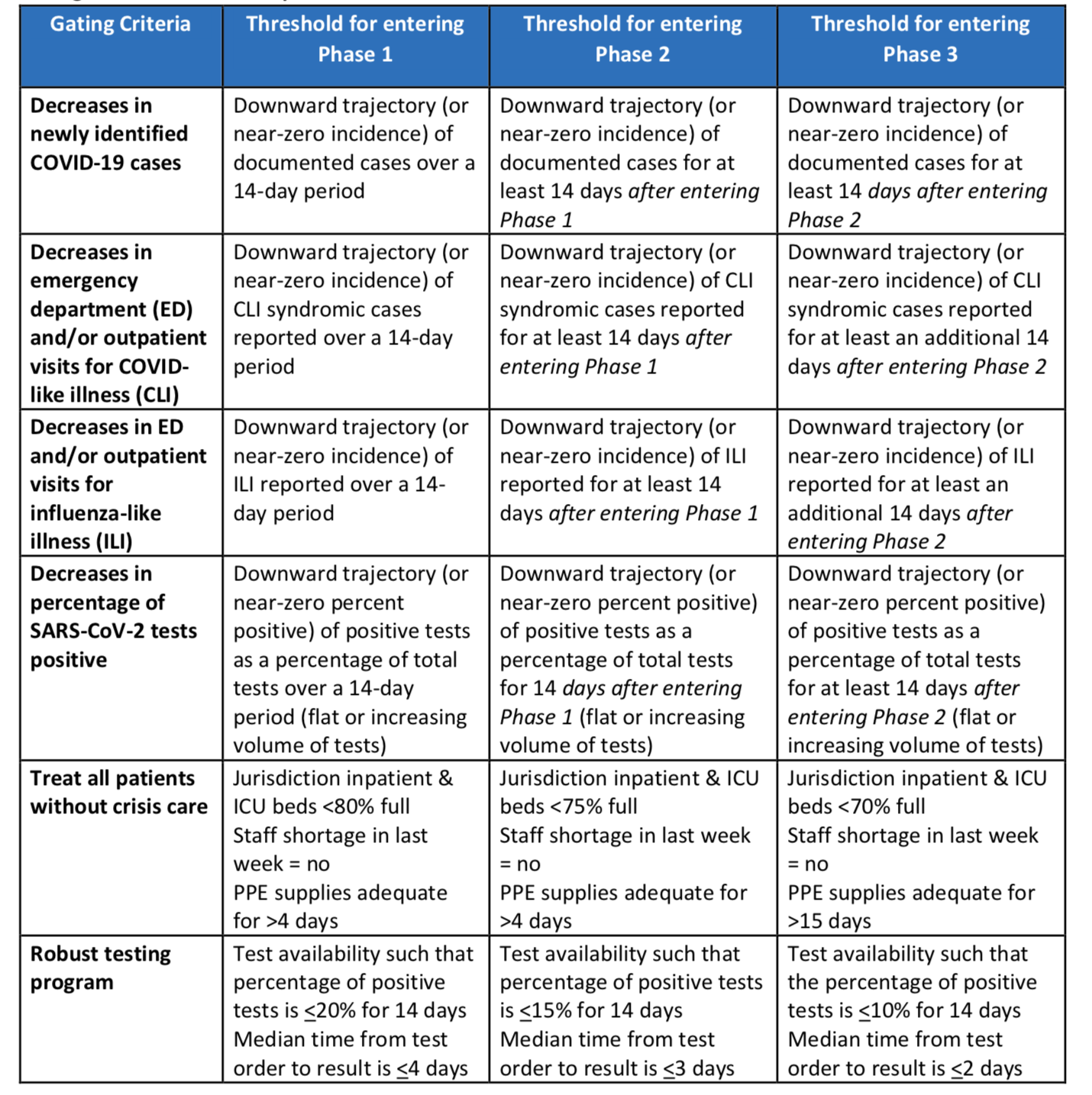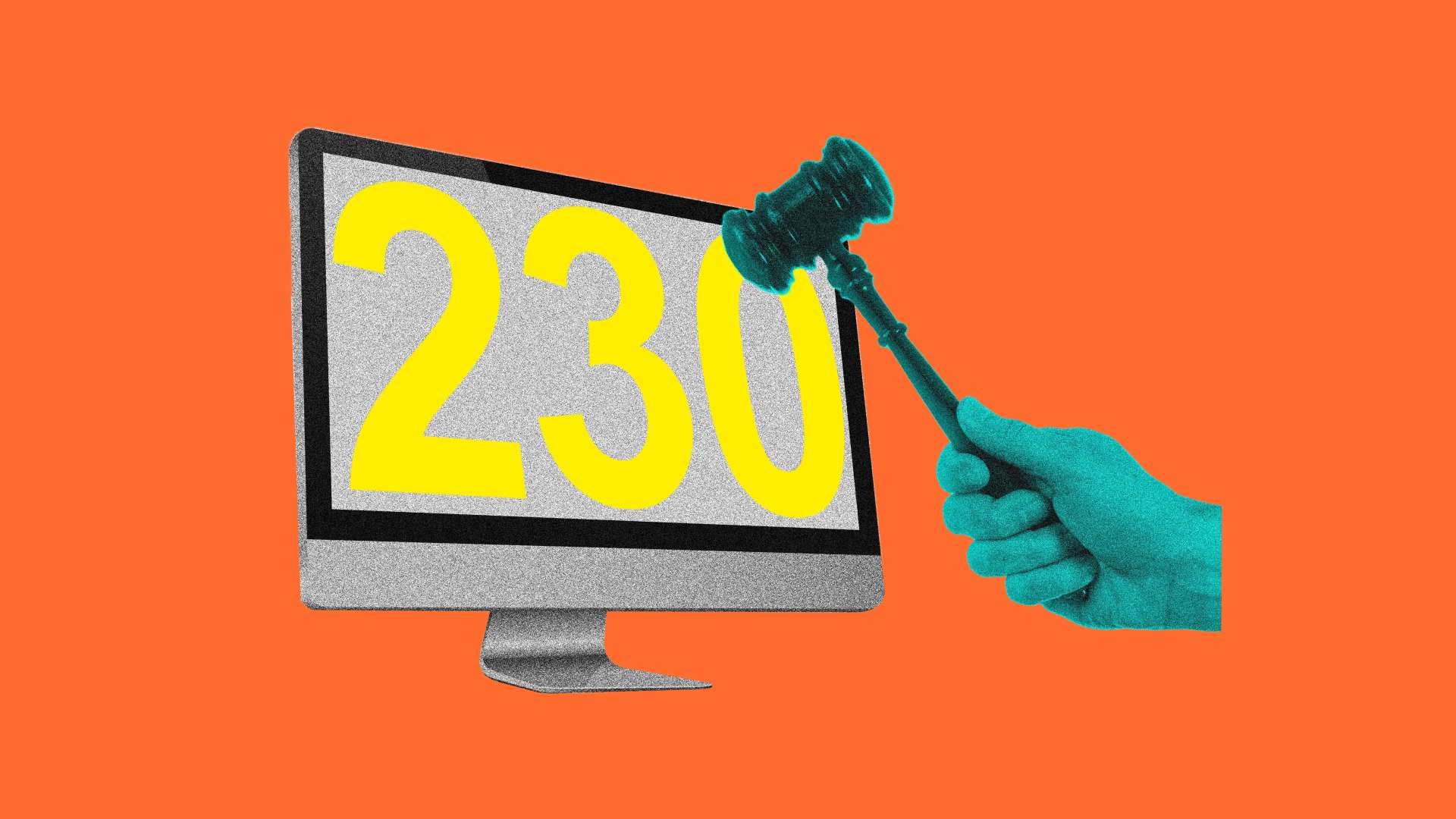New CDC Vaccine Study Under Scrutiny: Misinformation Agent Controversy

Table of Contents
Methodology Concerns of the CDC Vaccine Study
The core of the CDC vaccine study controversy lies in concerns surrounding the study's methodology. Critics have raised several key issues that cast doubt on the validity and generalizability of the findings.
Sample Size and Representation
The adequacy of the study's sample size and its representativeness of the population are major points of contention. A study's power to draw meaningful conclusions is directly tied to the sample size and its demographic makeup.
- Concerns have been raised about the underrepresentation of minority groups in the study sample, potentially leading to skewed results and limiting the generalizability of the findings to diverse populations. This raises questions about whether the conclusions can be applied to all populations equally.
- The age range of participants also drew criticism, with some arguing that it failed to adequately represent vulnerable age groups. This is particularly relevant when considering vaccine efficacy and safety across different age brackets.
- Geographic limitations in the study's participant selection are another area of concern. Results from one region might not accurately reflect the experience or response to vaccination in other regions with different demographics and healthcare systems.
Data Collection and Analysis
The methods used to collect and analyze data are also under scrutiny in the CDC vaccine study controversy. Rigorous data collection is vital for credible scientific research.
- Questions have been raised regarding the accuracy of self-reported data, a common limitation in observational studies. Self-reporting biases can significantly influence the study's outcomes.
- Critics argue that the statistical analysis may not have adequately controlled for confounding variables. These are factors that could influence the results, obscuring the true impact of the vaccine. The lack of control over such variables weakens the study's conclusions.
- The lack of detail regarding the specific statistical methods employed is another point of contention. Transparency in methodology is crucial for reproducibility and validation of the study's findings.
Funding and Potential Conflicts of Interest
Transparency regarding funding sources and potential conflicts of interest is paramount in ensuring the objectivity of scientific research. The CDC vaccine study controversy has highlighted the importance of this principle.
- The study's funding sources should be fully disclosed to allow for independent assessment of potential biases. Any perceived lack of transparency can erode public trust.
- Researchers' affiliations and any potential conflicts of interest should also be clearly stated. This ensures that readers can assess whether the study's findings are influenced by external factors.
- The absence of clear information on funding and potential conflicts can fuel suspicion and contribute to the ongoing controversy. Openness and transparency are critical in building and maintaining public trust.
The Role of Misinformation in the CDC Vaccine Study Controversy
The CDC vaccine study controversy has not been confined to scientific debate; it has been significantly amplified by the spread of misinformation.
Spread of Misinformation
Misinformation surrounding the study has rapidly spread across various online and traditional media platforms.
- Social media platforms have played a significant role in disseminating inaccurate interpretations of the study's findings and promoting conspiracy theories. This has fostered a climate of distrust and confusion.
- News outlets, both reputable and less credible, have contributed to the spread of misinformation, either through biased reporting or unintentional misrepresentation of facts. This underscores the importance of critical media consumption.
- Certain individuals and organizations, with vested interests in undermining public health initiatives, have actively amplified the misinformation campaign. Identifying and addressing these actors is crucial to combating the spread of false information.
Impact on Public Perception
The spread of misinformation has significantly impacted public trust in vaccines and the CDC.
- Vaccine hesitancy and refusal have increased due to the circulation of false information and fear-mongering. This threatens population immunity and public health.
- Distrust in public health institutions and scientific expertise is a worrying consequence of the ongoing misinformation campaign. This undermines efforts to inform the public about critical health issues.
- The erosion of public trust makes it challenging to implement effective public health measures and interventions. It creates a significant barrier to achieving herd immunity and controlling infectious diseases.
Combating Misinformation
Combating the spread of misinformation requires a multi-pronged approach.
- Fact-checking initiatives play a vital role in debunking false claims and correcting misleading information. Independent verification of facts is crucial.
- Media literacy campaigns are needed to equip the public with the skills to critically evaluate information and identify sources of misinformation. This empowers individuals to discern fact from fiction.
- Collaboration between public health agencies, social media platforms, and other stakeholders is essential to develop effective strategies to combat the spread of misinformation. A coordinated approach is vital to success.
Long-Term Implications of the CDC Vaccine Study Controversy
The long-term consequences of the CDC vaccine study controversy extend beyond immediate public health concerns.
Impact on Vaccine Uptake
The controversy's impact on vaccination rates could have severe long-term implications.
- Decreased public trust could lead to lower vaccine uptake, resulting in increased disease outbreaks and resurgence of preventable illnesses. This poses a considerable public health risk.
- The potential consequences of lower vaccination rates are far-reaching, potentially impacting vulnerable populations most severely. This highlights the urgent need to address the misinformation campaign and restore public confidence.
- The long-term economic and social costs associated with preventable disease outbreaks should be considered in the context of this controversy. The economic burden of healthcare and lost productivity can be substantial.
Erosion of Public Trust in Science
The controversy has broader implications for public trust in science and scientific institutions.
- The dissemination of misinformation undermines public confidence in scientific expertise and the integrity of the scientific process. This erodes the foundation of evidence-based decision-making.
- The ability of science to inform public policy and guide effective interventions is significantly hampered by the lack of trust. This has implications far beyond the specific vaccine controversy.
- Restoring public trust requires transparency, open communication, and proactive efforts to address public concerns. Building a relationship based on trust and credibility is essential for the future of science.
Future Research and Policy Recommendations
Addressing the issues raised by the CDC vaccine study controversy requires a proactive approach.
- Greater emphasis on rigorous methodology, including larger and more representative sample sizes, robust data collection methods, and thorough statistical analysis, is crucial in future research. This will increase the validity and reliability of studies.
- Improved communication strategies, tailored to different audiences and platforms, are vital to ensuring accurate and effective dissemination of scientific information. This can help combat the spread of misinformation.
- Proactive measures to address misinformation, including collaboration with social media platforms and investment in media literacy campaigns, are needed to prevent similar controversies in the future. This is essential to maintain public trust and support evidence-based policy-making.
Conclusion
The controversy surrounding the new CDC vaccine study underscores the critical need for transparency, rigorous methodology, and effective communication in public health research. Misinformation agents have played a significant role in shaping public perception, highlighting the urgent need to combat the spread of inaccurate information. Understanding the complexities of this CDC vaccine study controversy, including the concerns surrounding the study's methodology and the influence of misinformation, is crucial to restoring public trust and ensuring continued progress in vaccine research and public health initiatives. To stay informed about future developments related to the CDC vaccine study controversy, continue to follow reputable news sources and engage in critical evaluation of the information you encounter.

Featured Posts
-
 February 16 2025 Open Thread Share Your Updates
Apr 27, 2025
February 16 2025 Open Thread Share Your Updates
Apr 27, 2025 -
 E Bay And Section 230 A Judges Ruling On Banned Chemical Listings
Apr 27, 2025
E Bay And Section 230 A Judges Ruling On Banned Chemical Listings
Apr 27, 2025 -
 The Anti Trump Divide How Alberta Differs From The Rest Of Canada
Apr 27, 2025
The Anti Trump Divide How Alberta Differs From The Rest Of Canada
Apr 27, 2025 -
 Jabeur Falls To Rybakina In Close Three Set Match At Abu Dhabi Open
Apr 27, 2025
Jabeur Falls To Rybakina In Close Three Set Match At Abu Dhabi Open
Apr 27, 2025 -
 Grand National Horse Deaths A Look At The Statistics Before 2025
Apr 27, 2025
Grand National Horse Deaths A Look At The Statistics Before 2025
Apr 27, 2025
Latest Posts
-
 Buy Ariana Grande Lovenote Fragrance Set Online A Complete Guide To Pricing And Retailers
Apr 27, 2025
Buy Ariana Grande Lovenote Fragrance Set Online A Complete Guide To Pricing And Retailers
Apr 27, 2025 -
 How To Buy Ariana Grandes Lovenote Fragrance Set Online Pricing And Availability
Apr 27, 2025
How To Buy Ariana Grandes Lovenote Fragrance Set Online Pricing And Availability
Apr 27, 2025 -
 Sam Carraro From Mafs To Love Triangles Quick Exit
Apr 27, 2025
Sam Carraro From Mafs To Love Triangles Quick Exit
Apr 27, 2025 -
 Mafs Star Sam Carraros Brief Love Triangle Stint On Stan
Apr 27, 2025
Mafs Star Sam Carraros Brief Love Triangle Stint On Stan
Apr 27, 2025 -
 Sam Carraros Short Lived Love Triangle Mafs Grooms 5 Minute Stan Appearance
Apr 27, 2025
Sam Carraros Short Lived Love Triangle Mafs Grooms 5 Minute Stan Appearance
Apr 27, 2025
